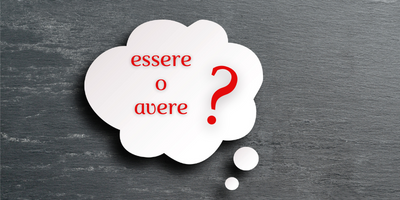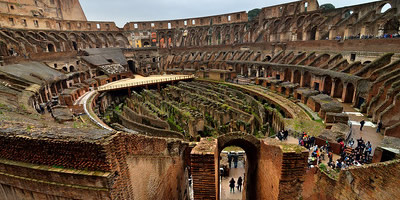Long live freedom!

Il 25 aprile: Commemorazione dell’Anniversario della Liberazione in Italia Ogni anno, il 25 aprile, l’Italia si ferma per commemorare uno dei momenti più significativi della sua storia moderna: la liberazione dal regime fascista durante la Seconda Guerra Mondiale. Questa data rappresenta un simbolo di resistenza, coraggio e speranza per il popolo italiano, e viene celebrata con eventi, discorsi e manifestazioni […]
Read more




